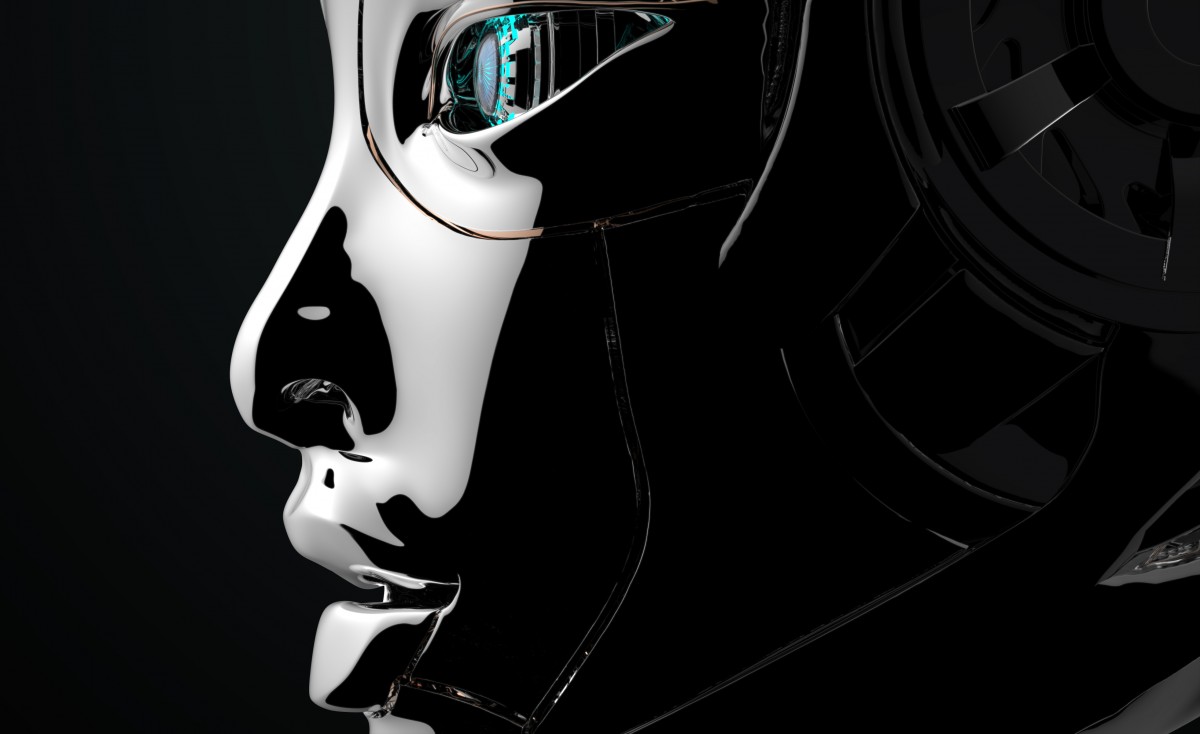“Successful case studies have proven that businesses can see immediate and notable ROI with use cases such as remote expertise and AR training,” says Eleftheria Kouri, Research Analyst at ABI Research. For example, traveling costs or training courses that require instructors and external facilities dramatically increase expenses. AR and VR solutions have proven to minimize travel and at the same time, allow multiple trials and repeats during or after a formal training, at zero cost. No more consuming extra resources/materials or requiring supervision. Emerging technologies also have a direct impact on other crucial metrics, such as significantly reducing employee accidents while increasing employee engagement and satisfaction.
Companies such as Portico and PixoVR have proven that leveraging VR solutions reduces training time significantly. Porsche decreased service resolution time by 40% when utilizing AR guidance and remote assistance for maintenance, and Boeing managed to reduce production time by 35% with AR compared to traditional documentation and training methods. There are numerous successful examples in the market that prove the advantages that emerging solutions bring in terms of employee efficiency, improved production and quality, customer service, and machine lifecycle. Overall Equipment Effectiveness (OEE) can benefit dramatically from AR/VR, especially with reduced service resolution rate, error/defect rate, and total unplanned downtime.
“A deeper examination of AR/VR applications, integration with other disruptive technologies such as IoT or AI, and increasing successful implementations in the market continuously prove the value of AR/VR solutions in the enterprise,” concludes Kouri. “Advancements and more competitive prices in hardware and software will naturally happen, and more long-term implementations are necessary for minimizing uncertainty, for identifying and addressing potential challenges such as security or change management, and for determining best practices that drive successful and stable digital transformation.”




